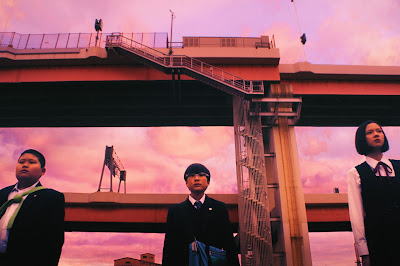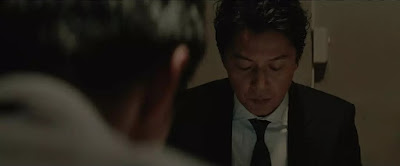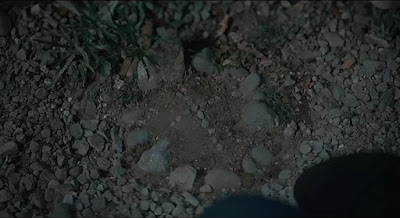Mashing up so many dfferent genres while remaining utterly its own original, WE ARE LITTLE ZOMBIES gave me the most bizarre and special movie experience I've had since first encountering South Korea's lollapalooza, Save the Green Planet. First of all, this film is as witty -- verbally and visually -- as anything you have recently (or even not so recently) seen. It moves like a house afire, telling the tale of the meeting and life thereafter of four children, all orphaned on the same day, and all already fed up with adults and life as they have so far experienced it.
I think it is safe to say that writer/director -- whose first full-length film this is after a single, award-winning short -- Makoto Nagahisa (shown at right) is clearly a born filmmaker. Except that he may soon tire of the medium, since I am not certain what more he could give that he has not already provided via this film. We shall see.
Meanwhile, We Are Little Zombies addresses it all -- love (given, but mostly withheld), death, grief, contemporary life, parenting (mostly bad) -- even as it cleverly, delightfully indicts parents, adults in general, Japan in particular, and consumers and society at large (both eastern and western). Have I left anyone or anything out, Nagahisa?
Yet this indictment is so funny, fresh and endlessly entertaining that movie buffs ought not mind, even if more mainstream audiences may throw up their hands in disarray. Who cares? How the filmmaker gives us these kids and their back stories, those parents and their deaths, the real and surreal, fantasies, facts, fishbowls and so much more will make you grateful you still have eyes and ears.
While a Puccini tune runs throughout the film, its oddball musical numbers are amazing in their own right. For a while the film seems like some old-fashioned videogame come to life, and then around the midway point it takes a turn -- for the even better. Our heroes/heroine become a kid band, complete with their own sleazy/sweet manager (the red-head above),
before moving into the utterly surreal/unreal/too real. And still, the energy and wit never flag. Sweet, sad, profound, memorable and certainly one of this year's best movies, We Are Little Zombies also proves to be the zombie movie to end them all, even without the de rigueur flesh-eating. (The scene in which we suddenly see the zombies -- and their "attachment" -- proves a perfect humdinger.)
From Oscilloscope Films and running a full two hours (from which I would not have wanted to cut one minute), the movie opens today in virtual and real cinemas all across the USA. Click here and then follow directions to learn how and where you can view it. Oh, and I want to nominate for the Movie Faces Hall of Fame little lead actor Keita Ninomiya. What a face -- and what a beautiful pair of eyes this kid has!























































